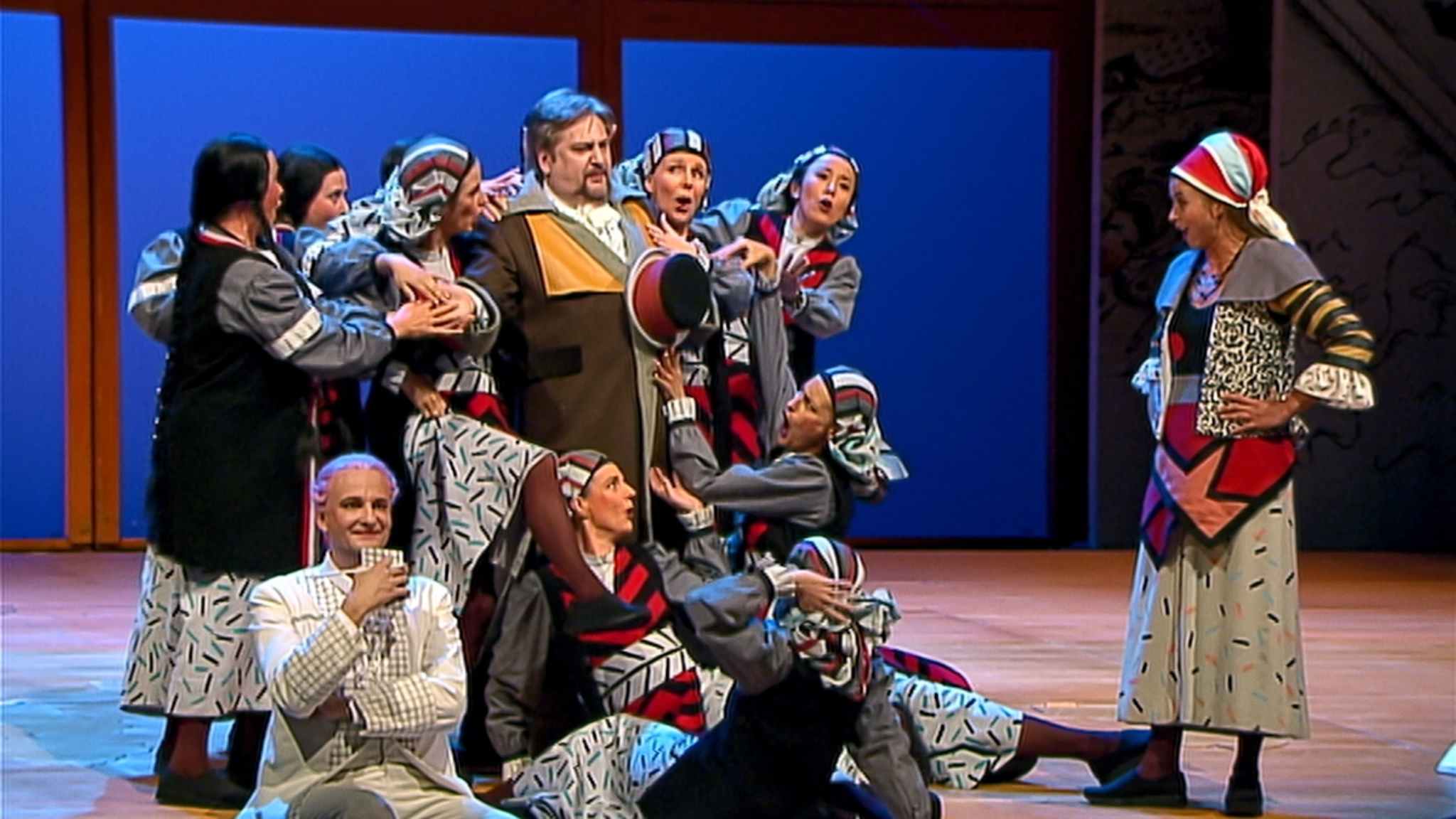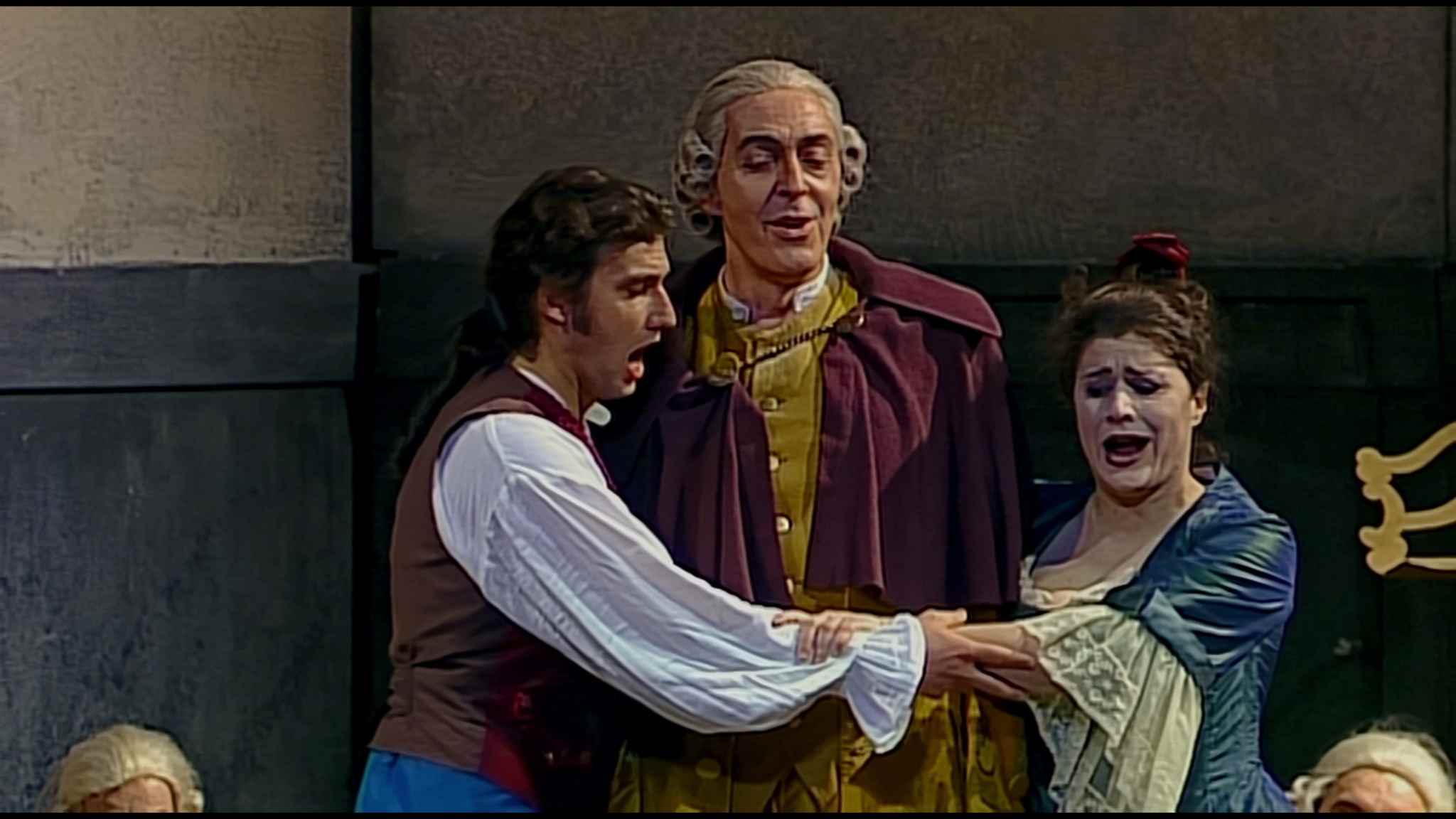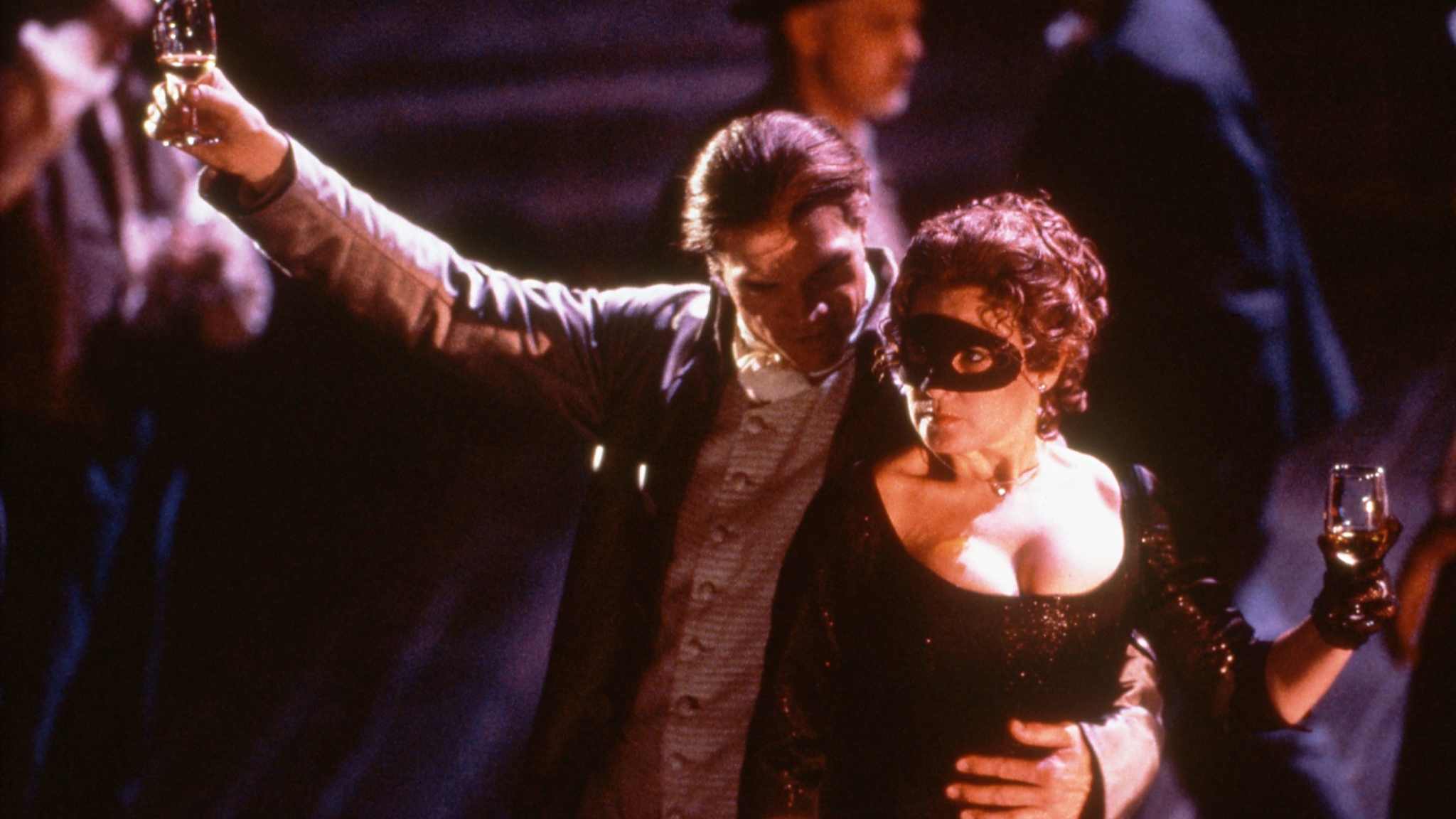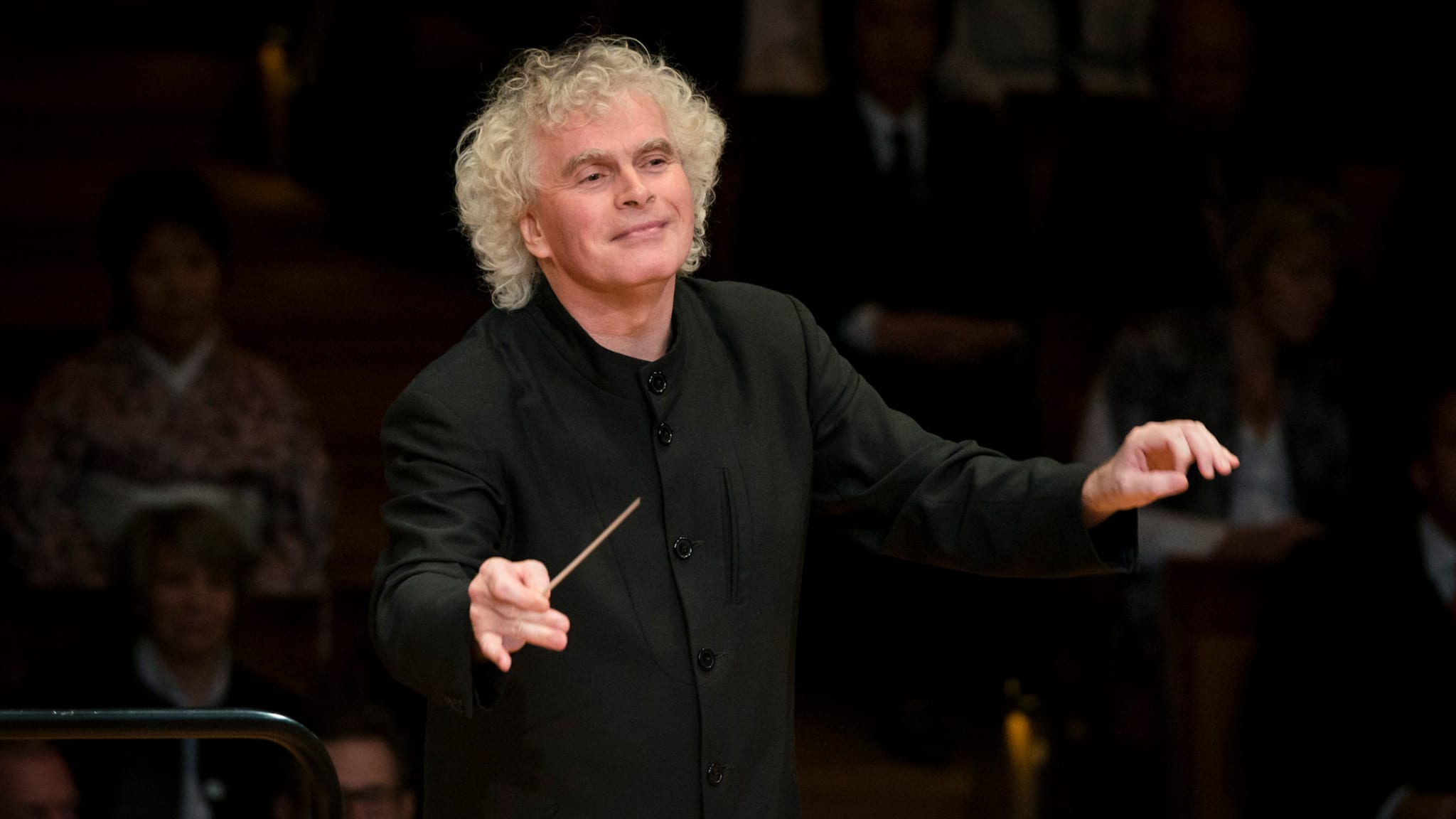New on STAGE+
Albums
Appears On
About
Cecilia Bartoli

Cecilia Bartoli is one of the most popular and successful classical artists of our time, with more than ten million audio and video recordings sold worldwide. Her themed recording projects, often featuring rare works, meet with worldwide successes, meaning that composer names that were hitherto largely forgotten can now be found adorning the lists of top-selling music in the 21st century. Her recordings regularly achieve gold and platinum status and her releases have occupied the highest positions of the international pop charts.
With opera singer parents, Bartoli’s childhood was full of music. Her stage debut came at the age of nine, in a performance of Tosca in Rome as the Shepherd Boy. Her mother, Silvana Bazzoni, was and remained her only teacher, even after she started studying, aged 17, at the Accademia Nazionale di Santa Cecilia in Rome. She gave her debut performance of Rossini’s The Barber of Seville at 19 at the opera house in her native city and her performances have since been witnessed in the most renowned concert halls of Europe, America, Asia, and Australia.
Mozart and Rossini have always been and still are at the core of her repertoire, but her inclination for discovery has also led her to major figures whose existence had been undeservedly overshadowed, such as Salieri and Gluck. She helped with the rediscovery of Vivaldi as an opera composer and rescued the Baroque composer Agostino Steffani from oblivion. In 2012, Bartoli was appointed as the first female artistic director of the Salzburg Whitsun Festival. The role allows her to exercise her unique skill at merging art and concept. After unlocking the door to Bellini’s Norma, she made her Salzburg Festival debut with it in 2013 in the title role, a milestone in her career. She became the artistic director of the newly founded Les Musiciens du Prince – Monaco project in 2016, the first woman to sing with the Sistine Chapel Choir in 2017, and in 2019, director of the Opéra de Monte-Carlo.














